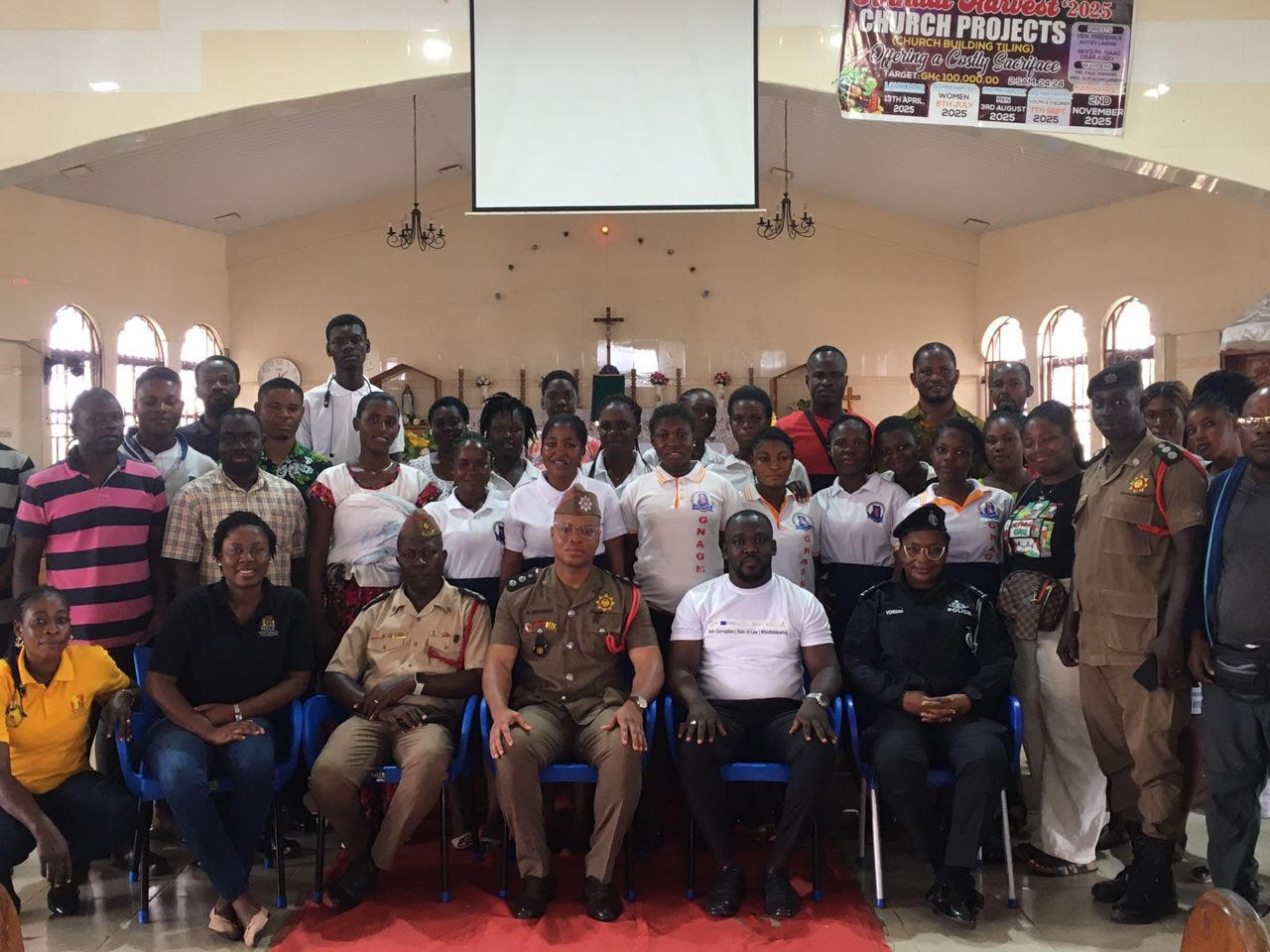By Brian Arola
Copyright minnpost

Like his fellow Minnesota lawmakers, Luke Frederick lost a friend and colleague over the summer.
The state representative, a Democrat from Mankato, worked with former House Speaker Melissa Hortman before her assassination June 14.
No one should be exposed to political violence, Frederick said Tuesday before signing a pledge to reject rhetoric that incites it. “Signing this today is an act to show that I’m committed to that,” he said.
Majority in the Middle, a civic engagement nonprofit, came up with the pledge in response to Hortman’s slaying. Lawmakers were invited to sign it during an event in Mankato coinciding with the nonprofit’s release of a new report measuring bipartisanship at the Minnesota Legislature.
Related: Is there more political violence? Here’s what the limited research shows
The report is something of a barometer on how often Democrats and Republicans work together. Bills are tallied and broken down based on how many were backed solely by members of the same party versus having backers from across the aisle.
Findings are largely reflective of where the power lies in a given session. Compared to 20% of House bills being bipartisan in 2023, when the DFL had a trifecta, 35% were bipartisan this year. In the Senate, the frequency rose from 31% to 39%, according to the report.
House Speaker Lisa Demuth, R-Cold Spring, and Hortman, DFL-Brooklyn Park, did not introduce bipartisan bills themselves during the session, but the report credited them with working together to “establish a tone of cooperation, modeling a collaborative approach that helped guide the session.”
Whatever bipartisan momentum is left over from the spring would be tested by a potential special session centered on gun control. Gov. Tim Walz may convene lawmakers to consider an assault weapons ban in the wake of the Aug. 27 shooting at Annunciation Catholic School that left two children dead and 21 people injured.
Polling indicates a majority of Americans, and Minnesotans, want stricter gun control, including a ban on assault rifles. Support is split along partisan lines, however, exemplifying why achieving bipartisan support for it at the Legislature would be tough sledding during any special session.
More collaboration across party lines in past sessions doesn’t mean lawmakers will start agreeing with each other on contentious issues, said Shannon Watson, Majority in the Middle’s executive director. It may at least soften the tone of disagreements, she said.
“You’re much less likely to say something with sort of a nasty tone to someone who you like and respect and know,” she said.
Frederick supported the goals behind the pledge, while pointing out its limitations. Nothing is binding about the document, and saying “we should work together” doesn’t address the undercurrents causing division.
With any special session, Frederick said he fears it would devolve into political theater.
“I don’t want to get called into a special session that is just performative and we don’t get some sort of results,” he said.
Sen. Nick Frentz, DFL-North Mankato, who joined Frederick in signing the document, said parties will always have disagreements they’re unable to overcome. Identifying areas of agreement on other issues makes it more likely to snowball.
“You don’t always find a great solution for all Minnesotans, but you’re more likely to find it if you have a strong working relationship,” he said.
To the public, signing the pledge should show that lawmakers want to set a standard for civic behavior, said Nathan Stock, who served as associate director of the conflict resolution program at the Carter Center, a nonprofit founded by the late former President Jimmy Carter.
“Yes, this is a scary time,” he said. “Political violence is rising. Minnesota is not immune to this, but if you take one thing away from these remarks, remember the vast majority of Americans on both sides of the aisle don’t want this.”
Related: The threat of political violence is keeping parents out of elected office
Almost all legislators, 192 of 201, carried at least one bill with a co-author from the opposite party this year, the report shows. Removing bills authored by only one legislator, 70 had co-authors from a different party on more than half of their bills.
Frentz was one of them, introducing 36 bills with 64% of them having a Republican co-author. Frederick’s 23 bills featured eight with Republican co-authors, a 35% rate.
Lawmakers with the highest percentage of bipartisan bills included:
Sen. Jim Abeler, R-Anoka: 77% (36/47)
Rep. Kristin Bahner, DFL-Maple Grove: 76% (13/17)
Rep. Heather Keeler, DFL-Moorhead: 71% (12/17)
Nine lawmakers introduced zero bipartisan bills:
Rep. Pam Altendorf, R-Red Wing: 0% (of 24 bills)
Rep. Ben Davis, R-Merrifield: 0% (of 18 bills)
Rep. Lisa Demuth, R-Cold Spring: 0% (of 4 bills)
Rep. Marj Fogelman, R-Fulda: 0% (of 21 bills)
Rep. Jimmy Gordon, R-Isanti: 0% (of 16 bills)
Sen. Keri Heintzeman, R-Nisswa: 0% (of nine bills)
Rep. Melissa Hortman, DFL-Brooklyn Park: 0% (zero bills introduced)
Sen. Erin Murphy, DFL-St. Paul: 0% (zero bills introduced)
Rep. Lucy Rehm, DFL-Chanhassen: 0% (of 15 bills)
The low number of bills introduced by Demuth, Hortman and Murphy is likely tied to their roles as party leaders.
Rep. Duane Quam, R-Byron, stood out in the report by being a prolific introducer of partisan bills. Of his 78 bills, only one had bipartisan authorship, according to the report.
Tuesday’s event was the first of four regional press conferences planned in Greater Minnesota. The next three will be in St. Cloud, Rochester and Duluth.



